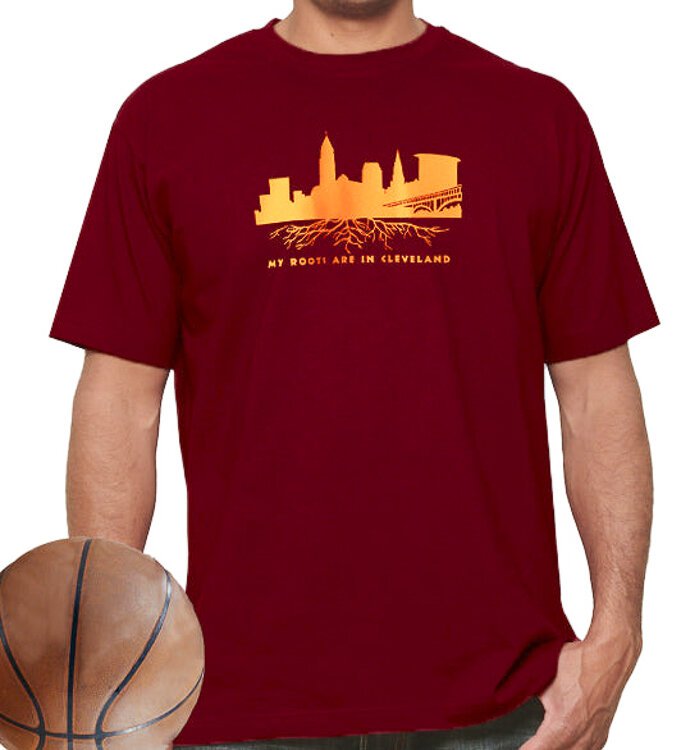Shopping with a conscience: Look for fair trade products when picking holiday gifts
As many of us start scrambling around the malls shopping for those perfect gifts this holiday season, Kristi Mouncey is thinking about how those potential gifts were made and where they came from.
Human trafficking may not be a subject shoppers want to think about while gift shopping, but Mouncey, president and CEO of the Collaborative to End Human Trafficking, a local group of more than 70 organizations working together to prevent sex and human trafficking in Cuyahoga County, says it’s an issue that should always be at the forefront.
A September United Nations report shows that forced labor has increased significantly over the last five years, with 28 million people around the world estimated to be in forced labor, including children
Greater Cleveland shoppers can help end the cycle of human trafficking if they choose their products and their retailers wisely, says Mouncey, and Ohio is among the top states in the country with highest call volumes for help to the National Human Trafficking Hotline, although the numbers of trafficking victims is unknown.
“Human trafficking is still fairly new—the Trafficking Victim Protection Act was passed in 2000—so this is really still a new issue in our community, an issue that we're still grappling with, we're still raising awareness over,” explains Mouncey. “There is not yet a true system to identify and respond to human trafficking—that's why the Collaborative to End human trafficking exists. But we know it's a very underreported and under identified crime in our community. The more we talk about it, the more survivors are coming forward and we’re hearing more stories. And the narrative affirms that this truly is an issue in our community.”

There are things shoppers can do to ensure they are not contributing to human trafficking. Mouncey suggests always checking for a fair trade label on a product—it’s the best guarantee.
“[It means] a producer is saying, ‘we are conscious about how we're sourcing our materials, we're conscious about who is creating the product, we're conscious about how that product gets to our stores,’” Mouncey explains. “It's really about sellers who seem to have thought about it and use this ethical lens. Products need to be profitable, of course, but we are also mindful of who makes them and how they get to us.”
Additionally, Mouncey says the fair trade label means companies are taking action to promote fair wages across their supply chains. There are several fair trade certifiers across the world. The most common label names are Fairtrade America (which also offers a searchable list of fair trade products), Fair Trade Certified, Fair Trade USA, Fair Trade Federation, and Fair for Life.
And Equal Exchange distributes coffee, tea, chocolate, avocados and more produced by farmer cooperatives that pay fair wages.
In Cuyahoga County, there are many retailers committed to fair trade practices. Here are a few:
- Joyce’s Boutique and Hair Salon, 9574 Bainbridge Road, Chagrin Falls, sells jewelry, bags, accessories and other products that support fair trade practices.
- One World Shop, 19321 Detroit Road,Rocky River, sells artisan-made goods from 65 different countries. One World Shop will also be at the Artist’s Holiday Market in Van Aken District’s Market Hall, 3441 Tuttle Road, Shaker Heights, this Saturday, Dec. 17 from 10 a.m. to 4 p.m.
- Revy is a Cleveland-based online store selling fair trade productsfrom artisans in El Salvador.
- The Shema Store is anOhio-based online store that sells all-natural fair trade shea butter hair and skincare products.
- Storehouse Tea sells fair-trade teas that are produced by people who are paid a fair price for their products. Available in stores, cafes, and restaurants throughout Ohio.
- Esperanza Threads, 1370 W. 69th Street,Cleveland, Trains unemployed and underemployed to get jobs in the Cleveland garment industry; pays a fair wage for their work.
“Obviously we know we can't change people's shopping habits, but I think there is an opportunity to educate and make people sort of stop and say, ‘oh I never really thought about that—how I'm buying, how I'm consuming could impact a huge global issue like human trafficking,’” she says. “So, I think it introduces the conversation in a palpable manner.”







